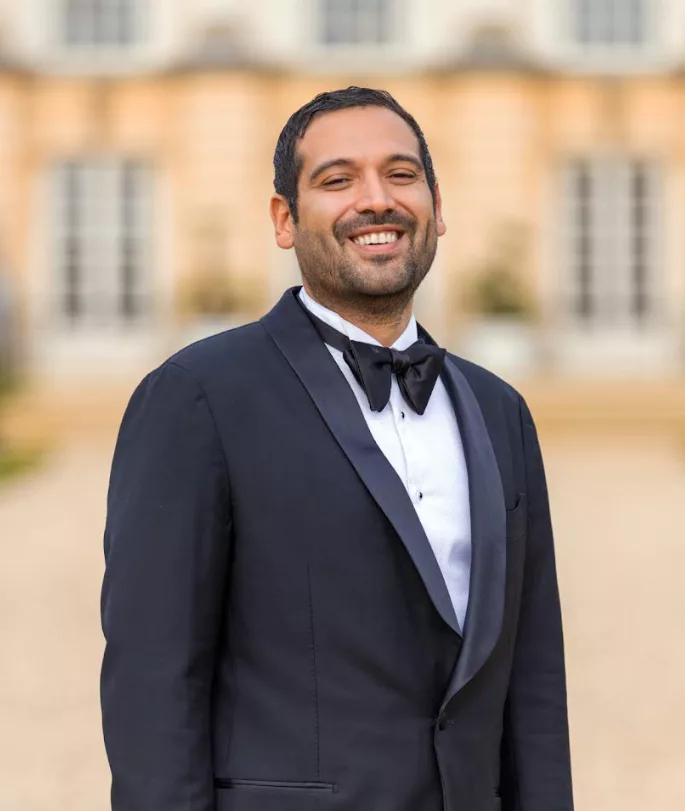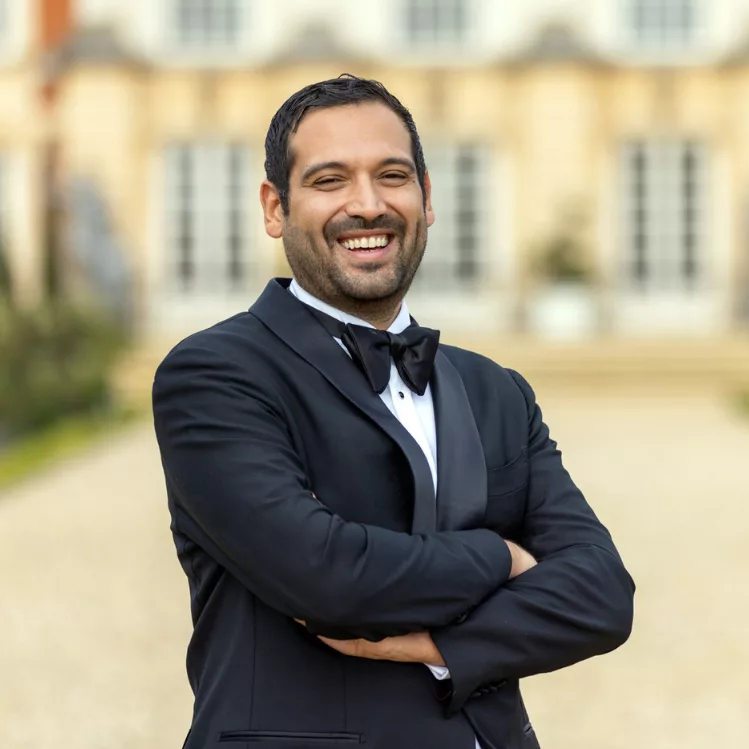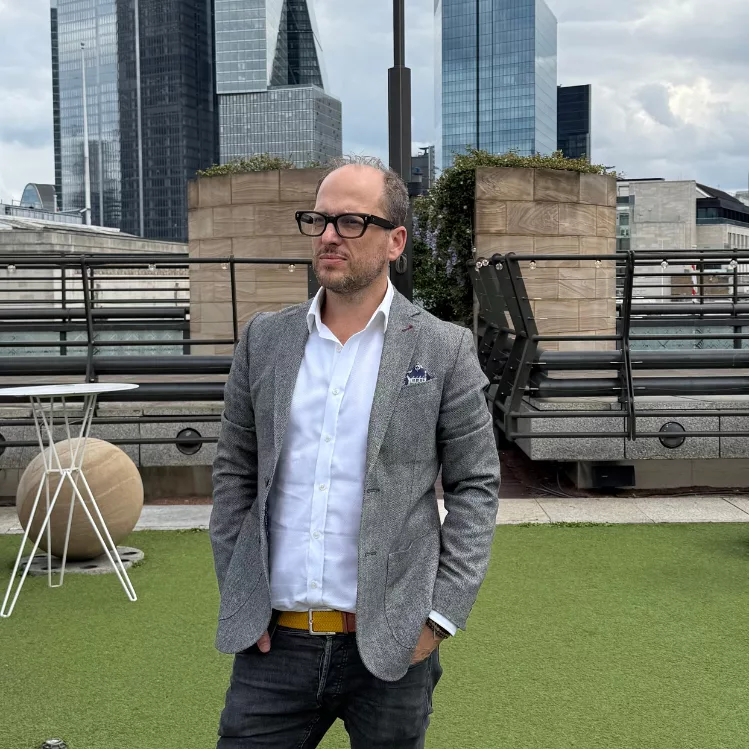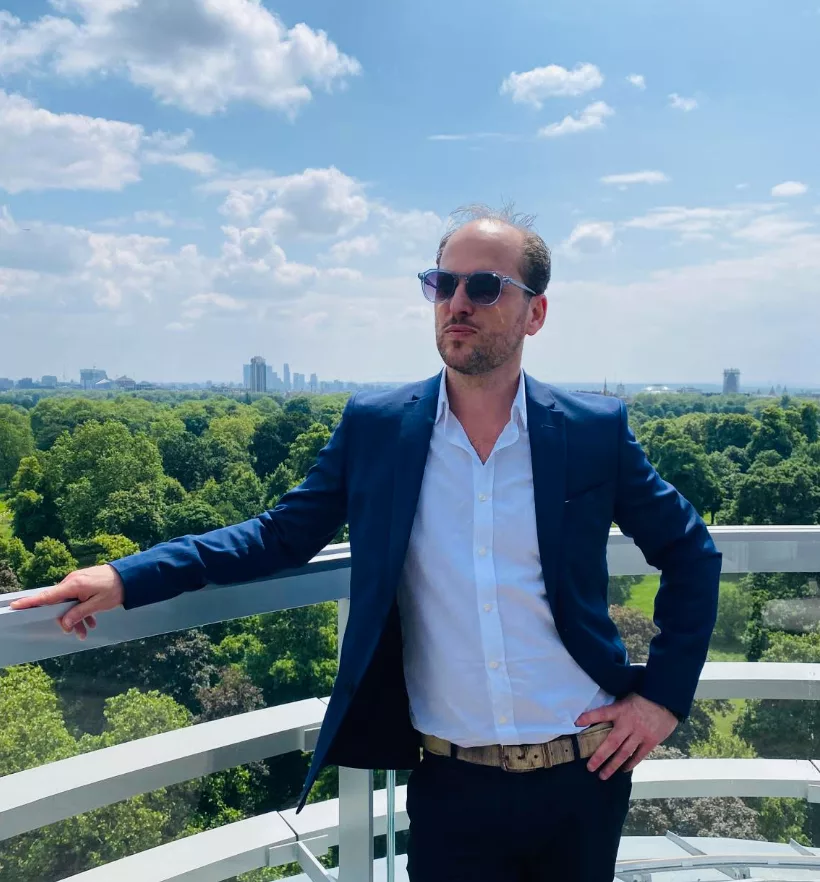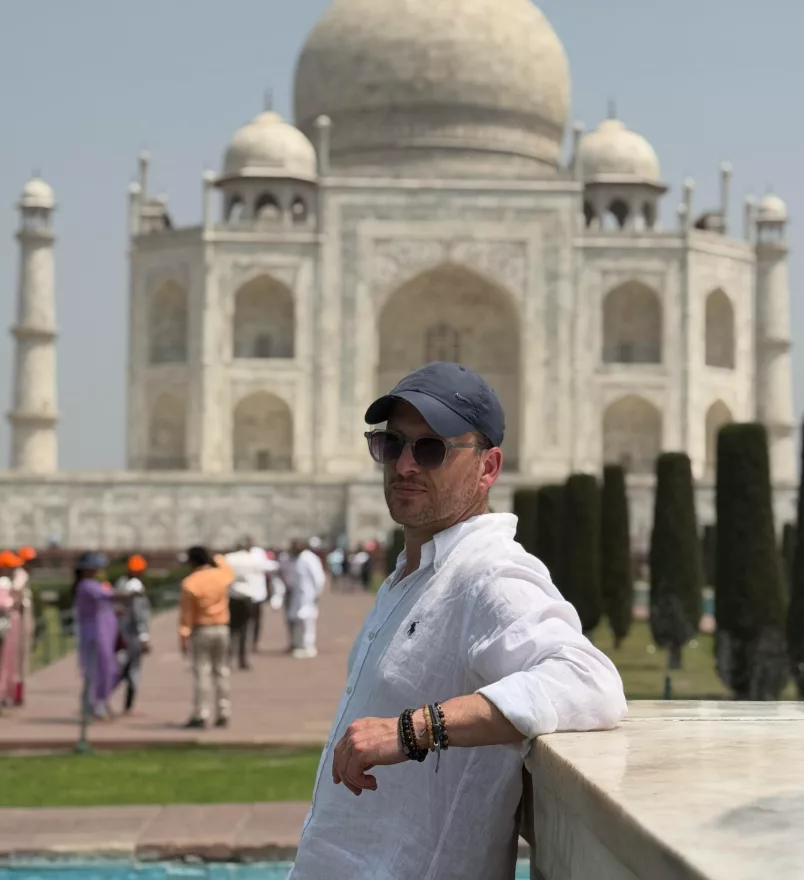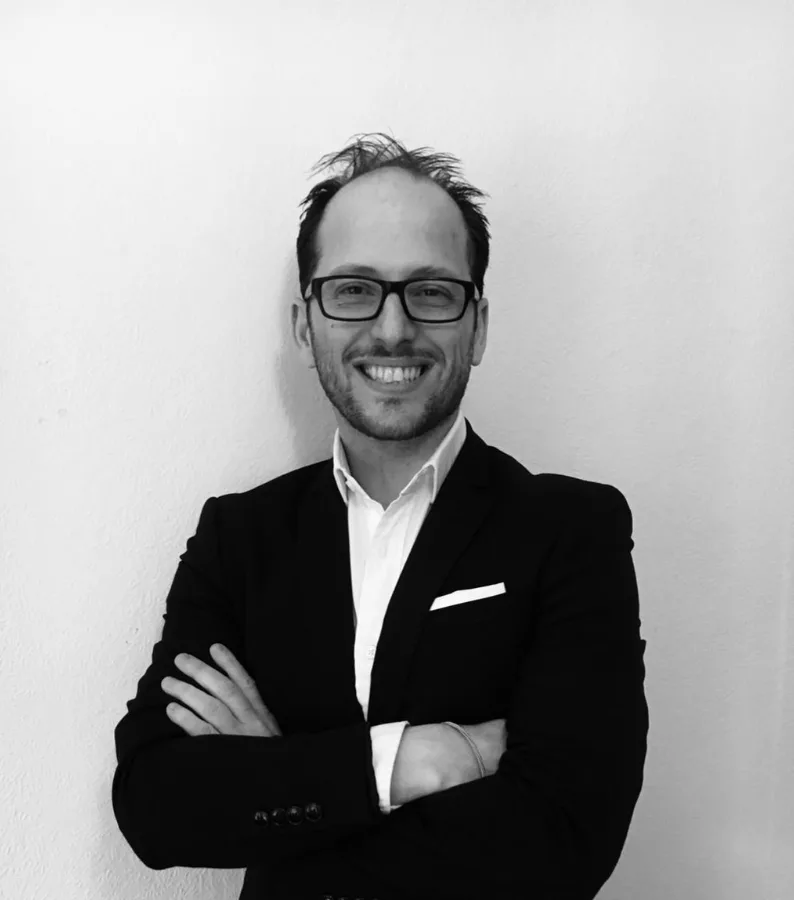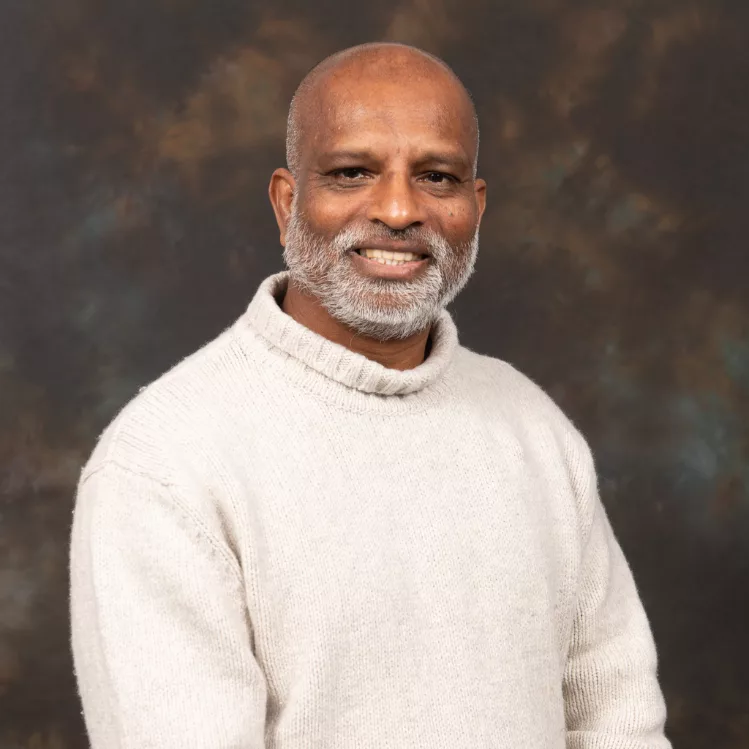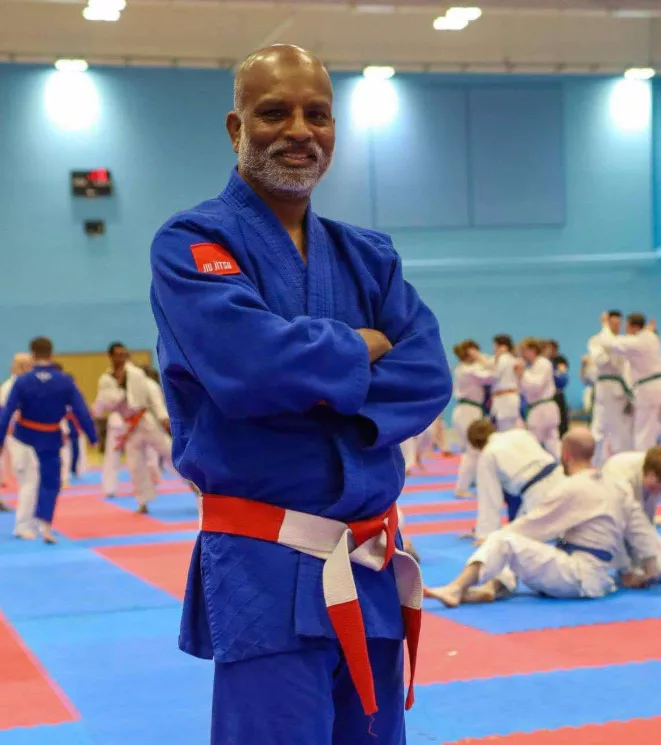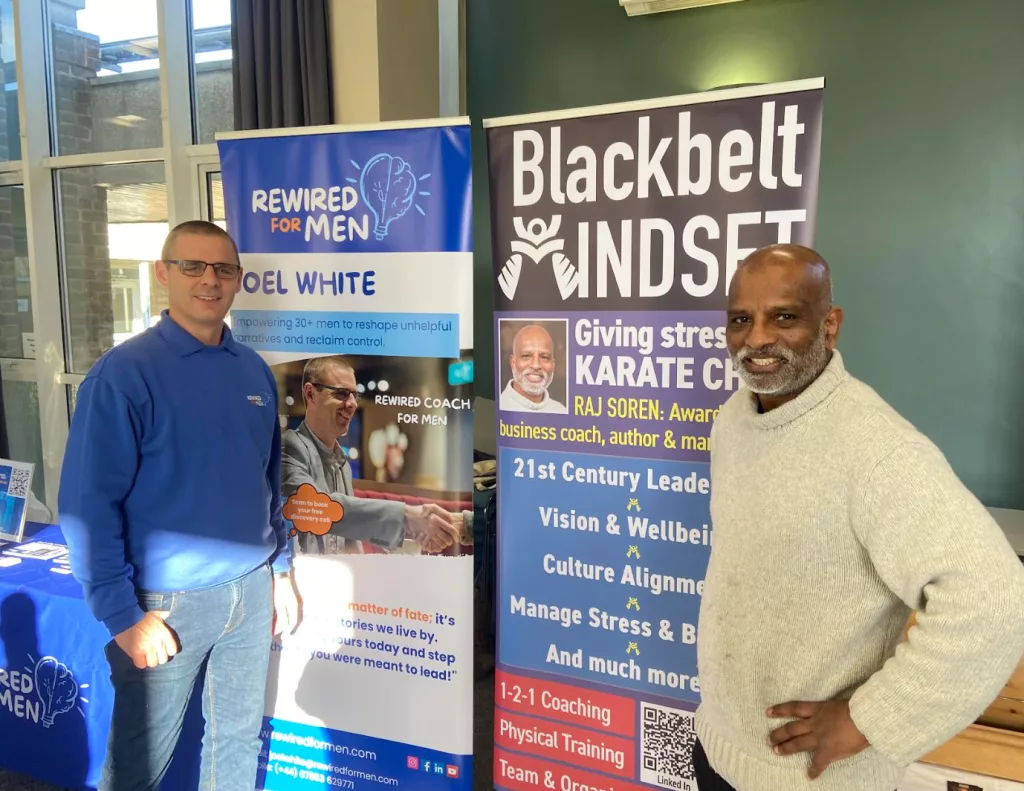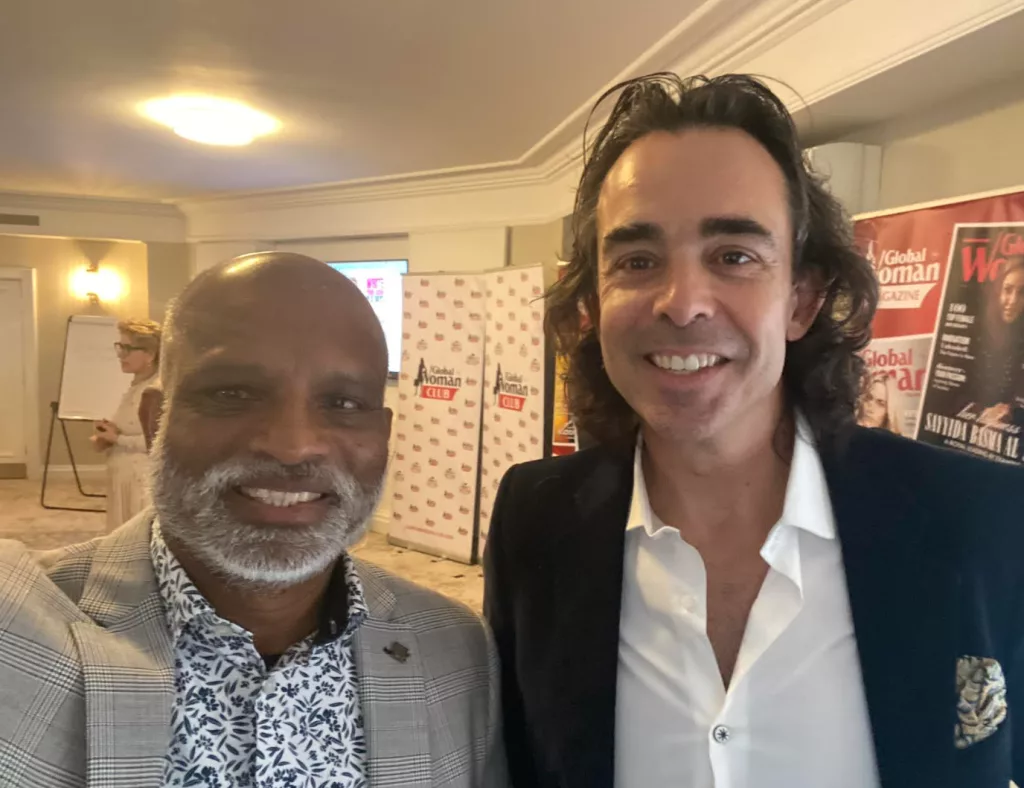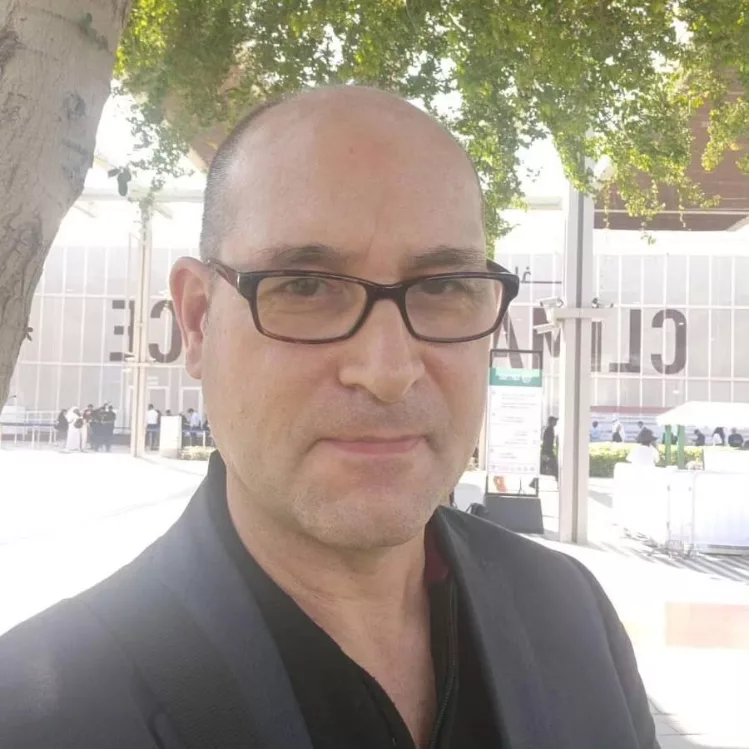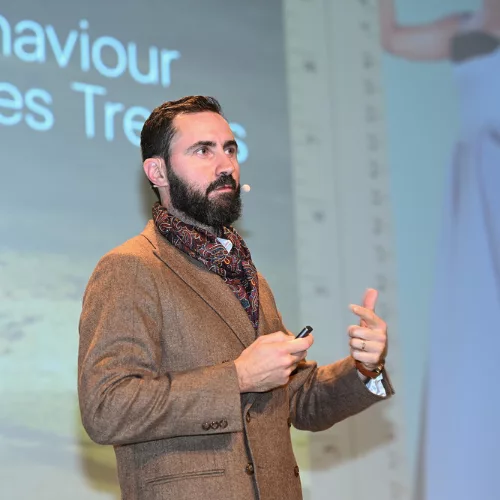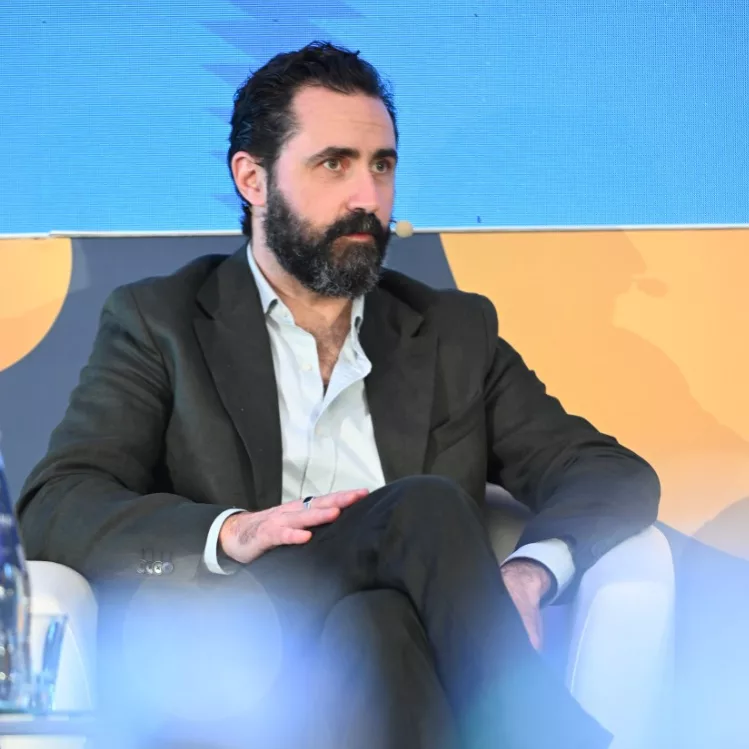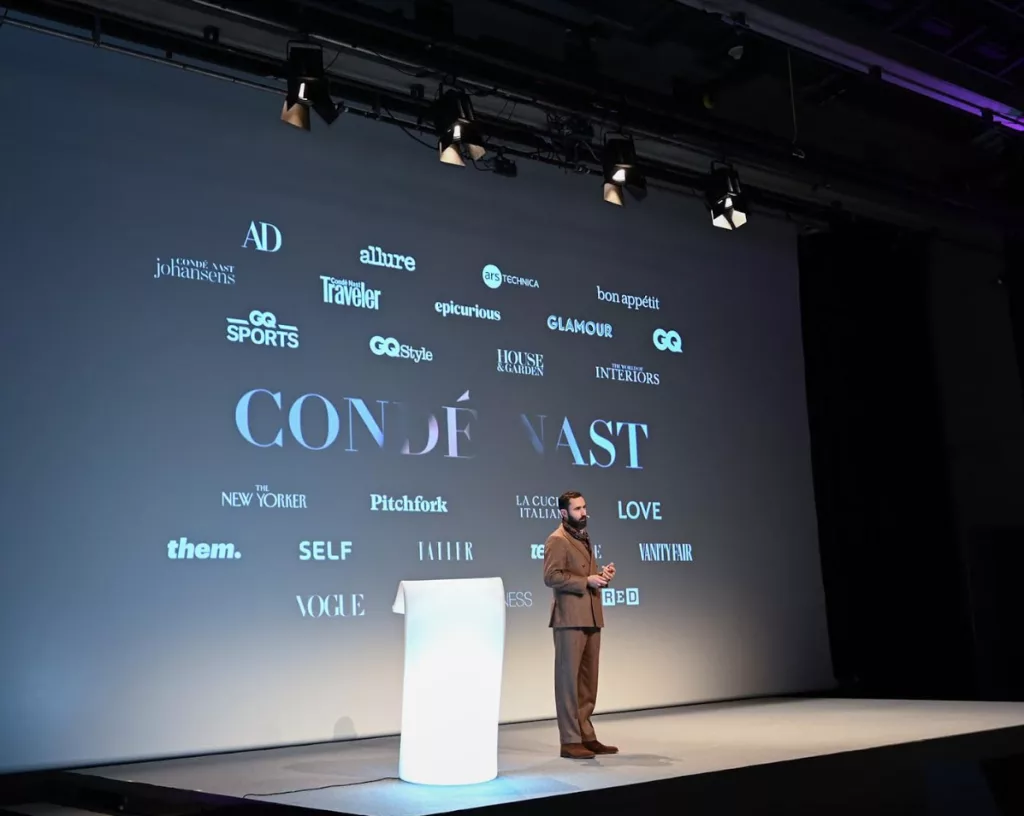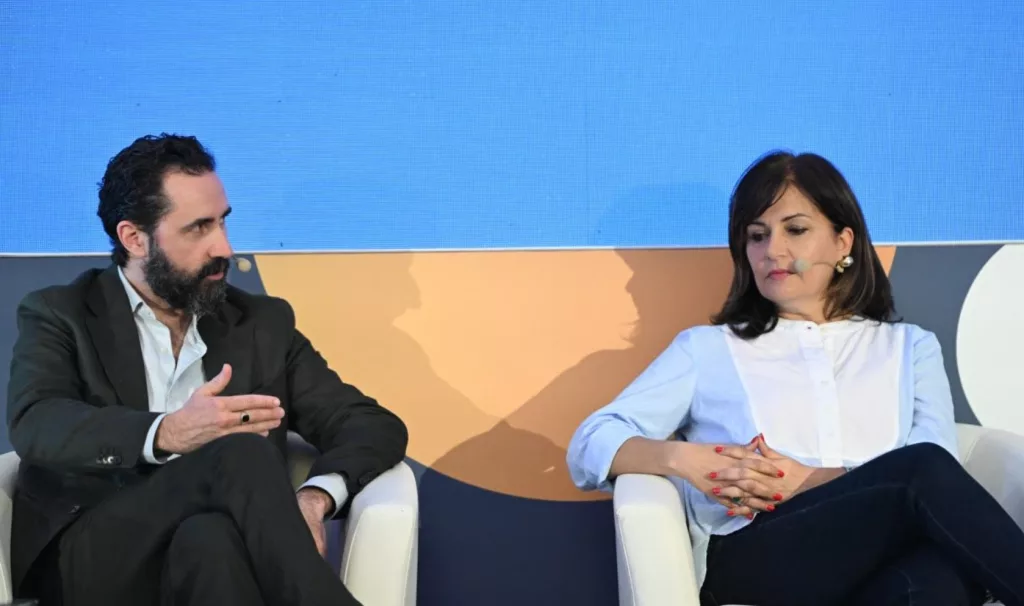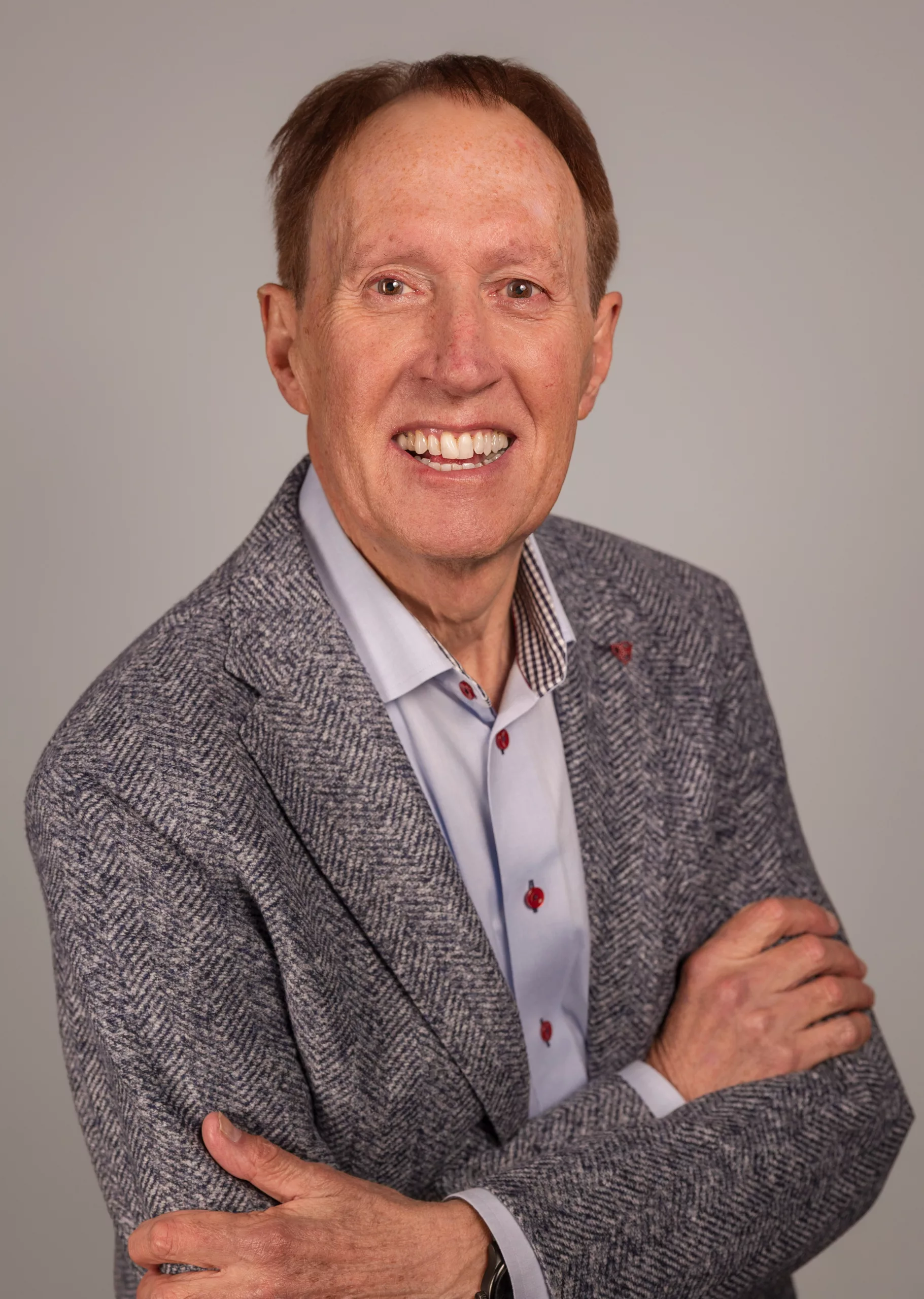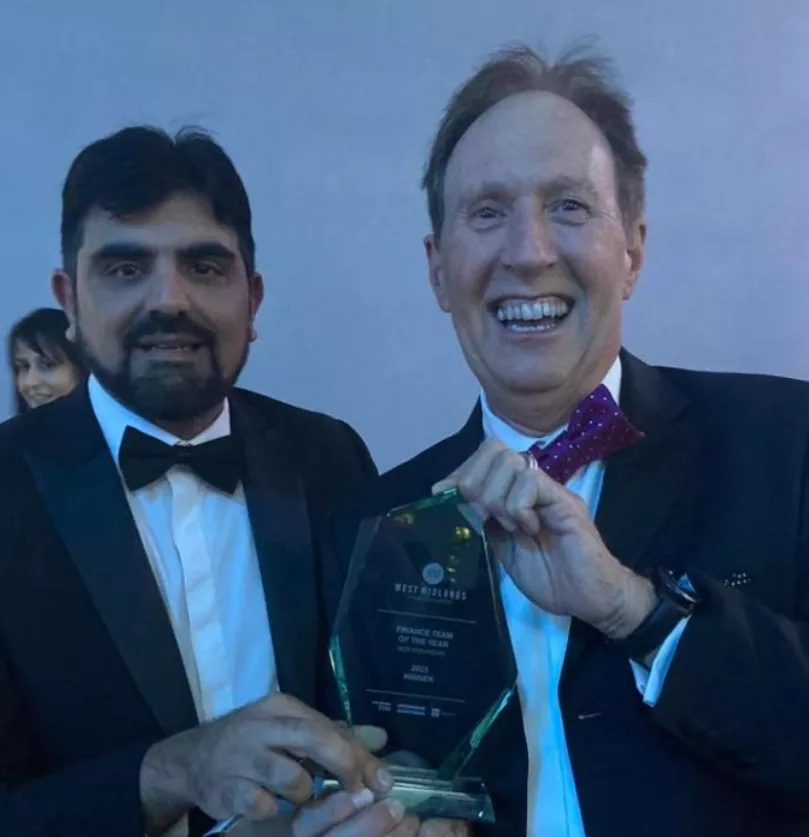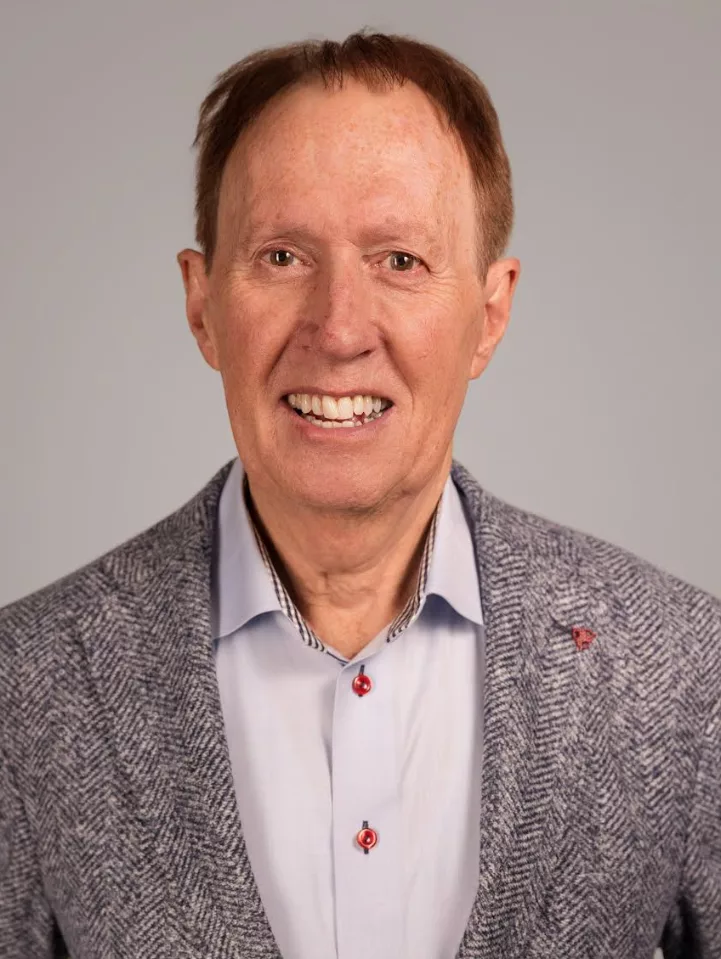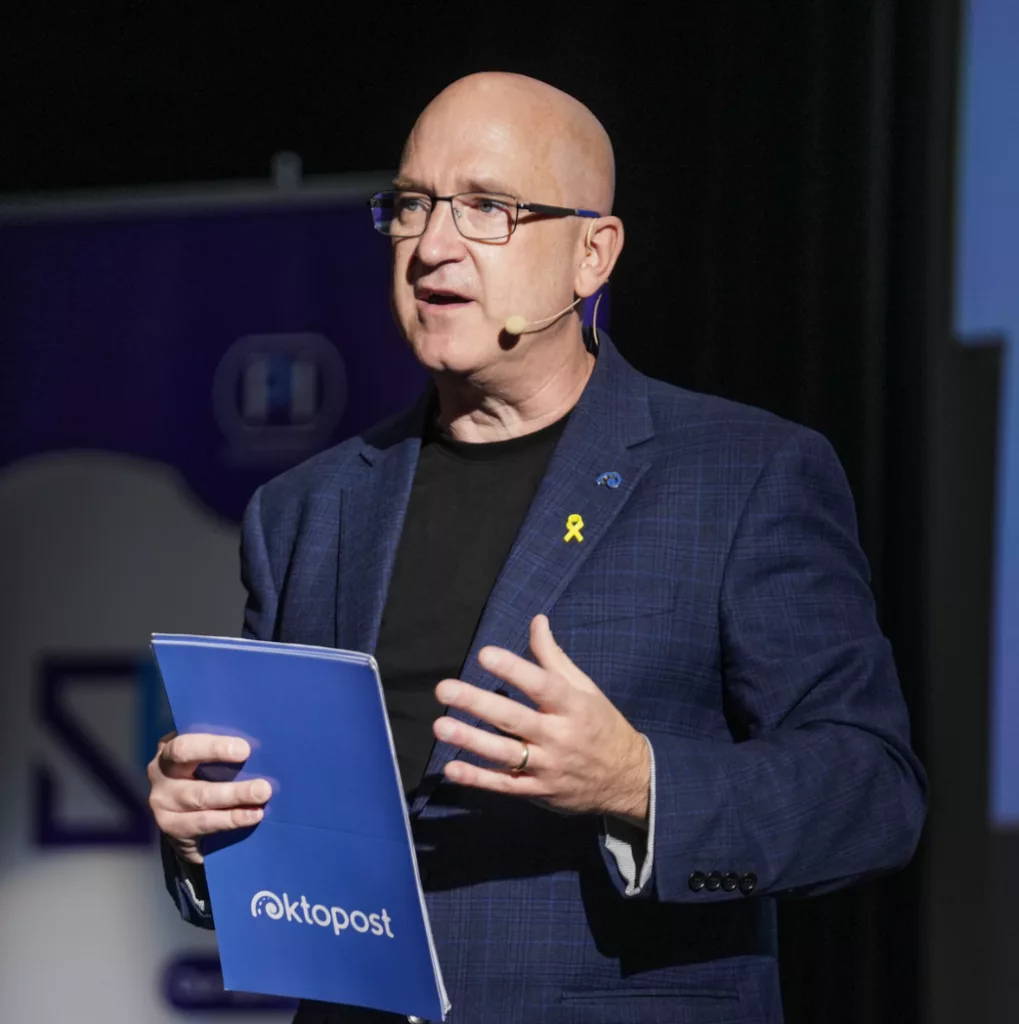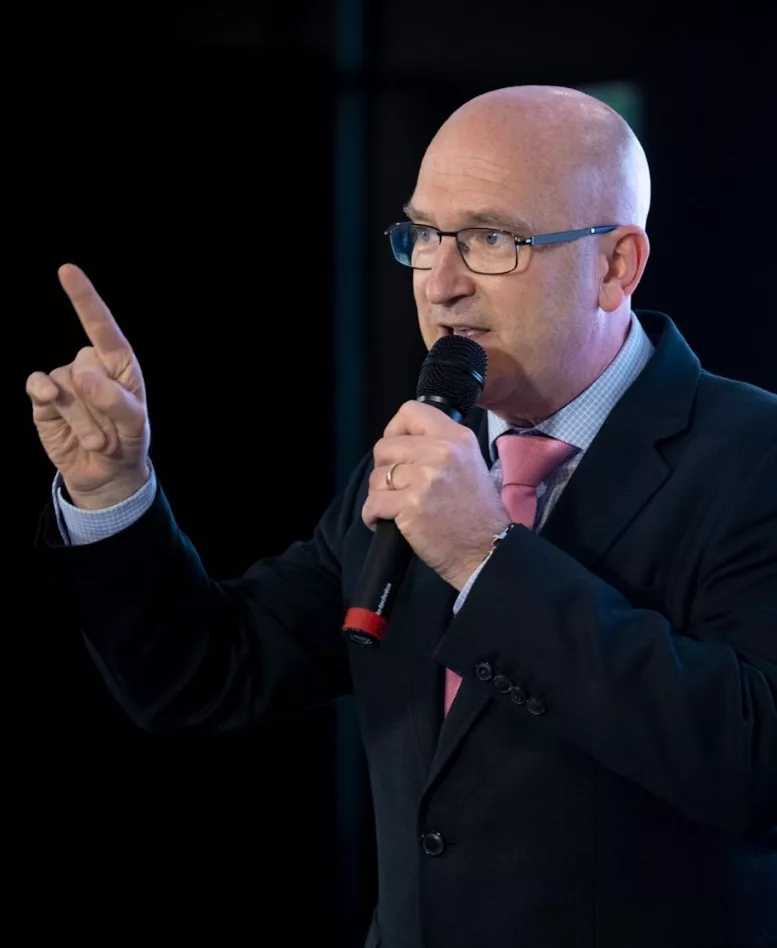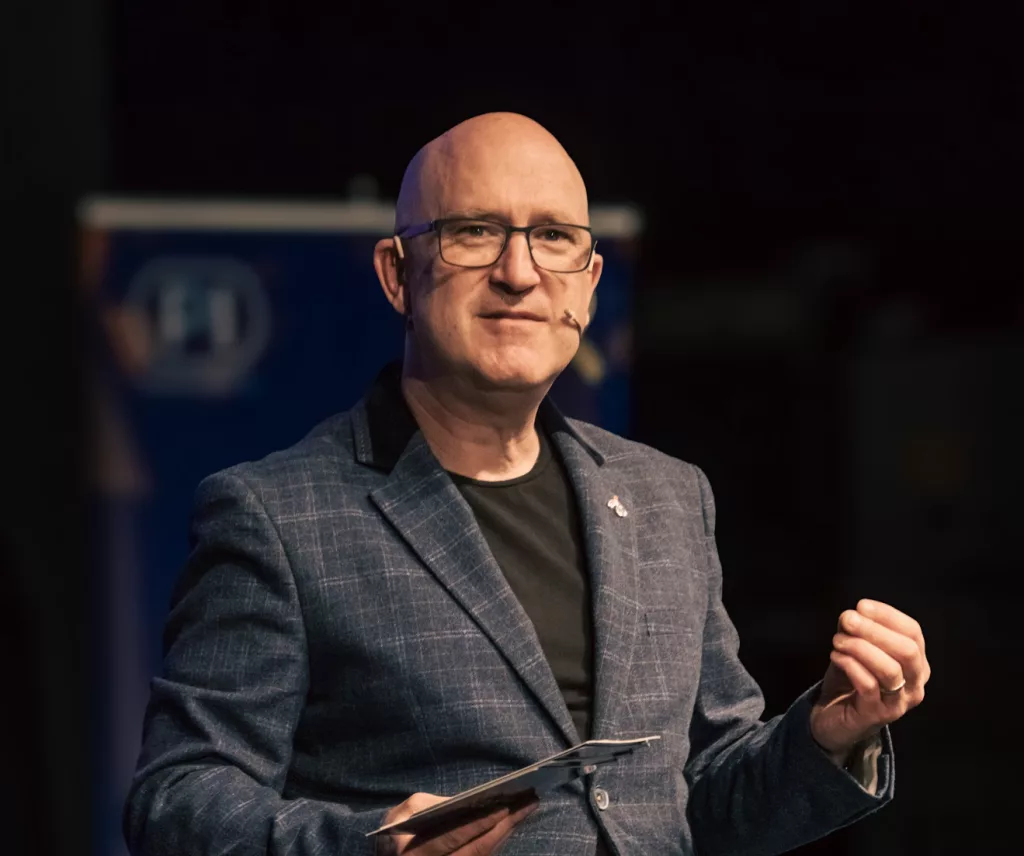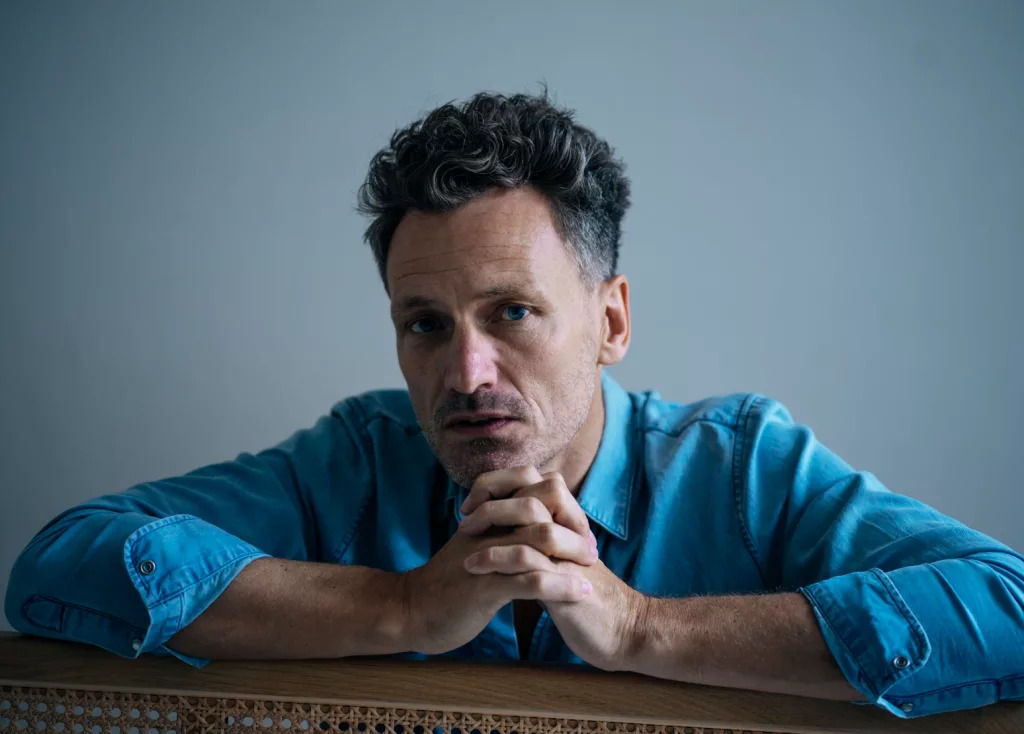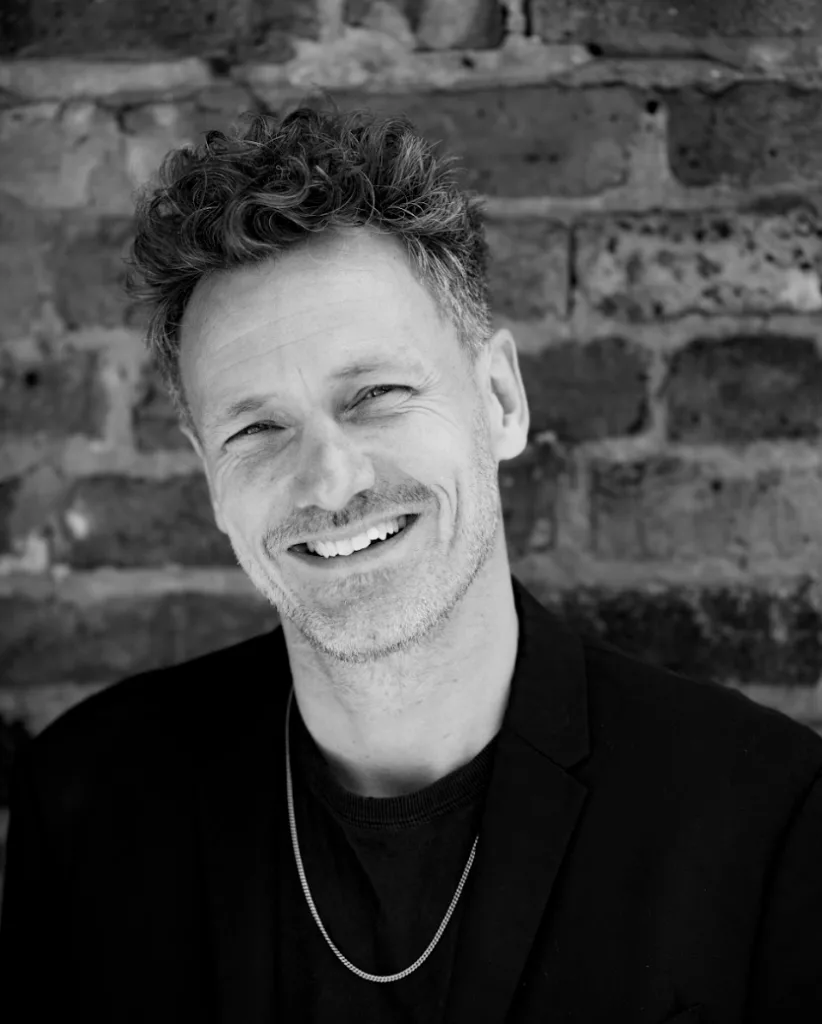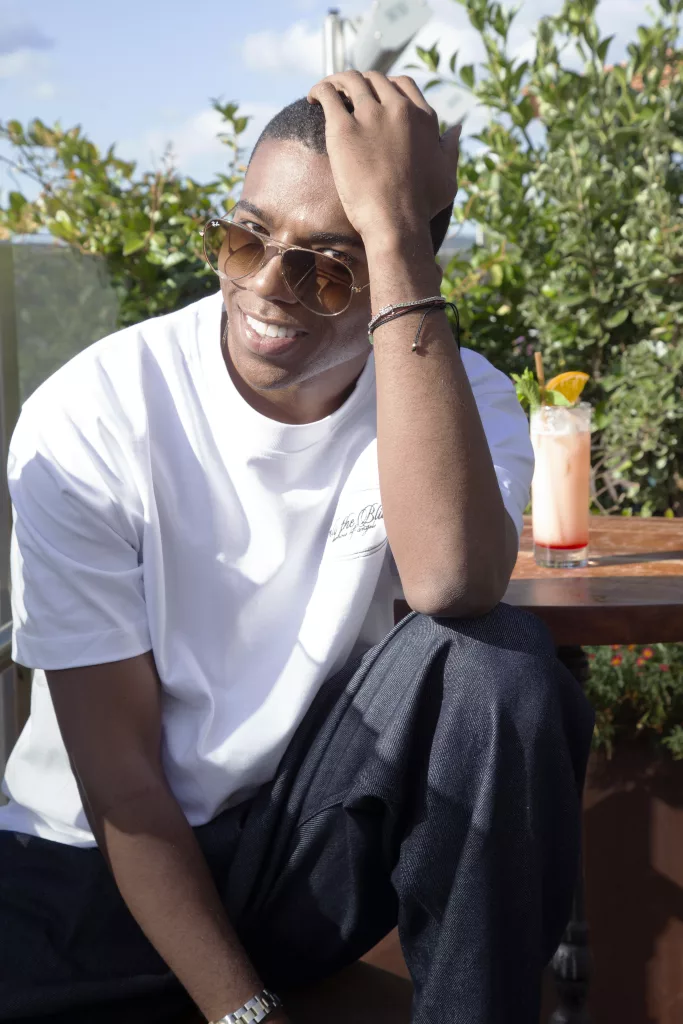Kareem Ameen is on a mission to transform independent shops into digitally connected powerhouses. Frustrated by the blind spots in global retail data, he founded K-Card—a platform that bridges the gap between small high-street shops and major brands. By combining technology, trust, and deep industry insight, Kareem is giving local shopkeepers the tools to compete, thrive, and capture the value they’ve long been missing. In this interview, he shares his journey from global boardrooms to the heart of the high street, and his vision for a smarter, more connected retail future.
“K-Card puts independent shops on the digital map.”
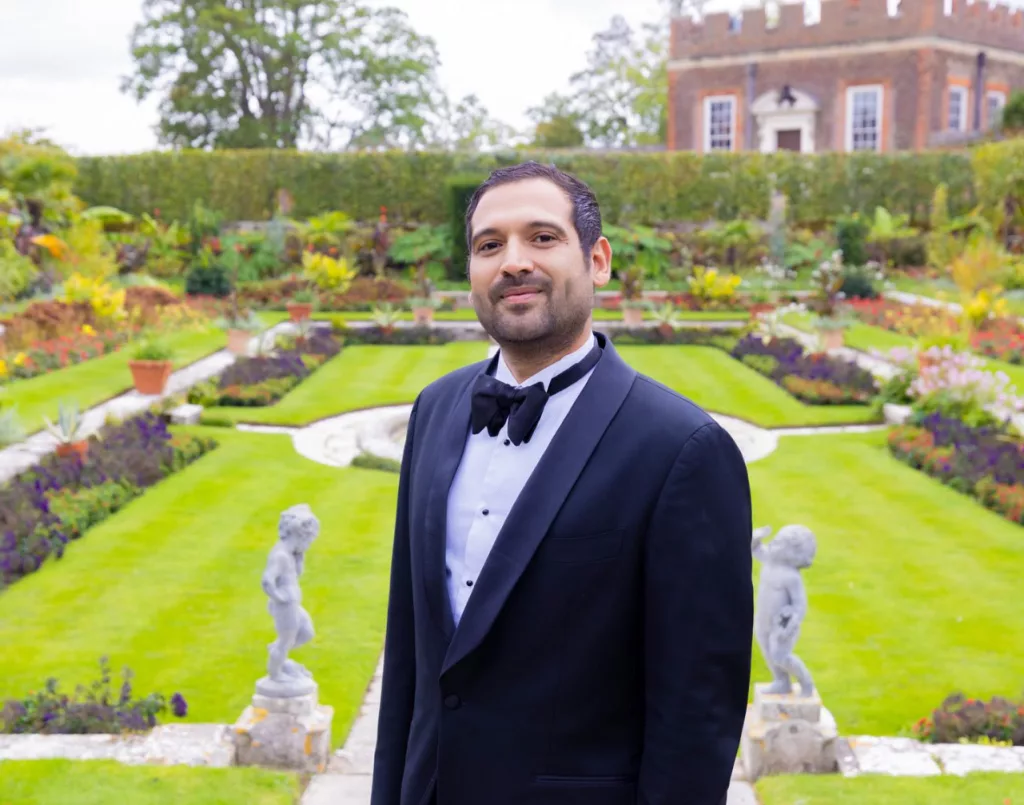
What first inspired you to focus on helping independent shops go digital?
Honestly? It was the frustration of seeing a massive blind spot in the industry.
I was sitting in boardrooms in NYC and London managing global media budgets, obsessing over data and tracking every digital click. Yet, whenever we looked at the independent sector, it was a black hole. It felt absurd that in this era of AI and big data, we could track a user halfway across the world, but we had absolutely no way to digitally connect with the shop downstairs. I just couldn’t see that inefficiency. I realized if we didn’t build the infrastructure to fix it, no one else would.
For someone who’s never heard of it, how would you explain what K-Card does?
Think of K-Card as the digital ‘pipes’ for the independent high street.
Right now, independent shops operate like islands—disconnected and offline. K-Card connects them. We aggregate thousands of independent retailers into a single network that global brands can see and work with. We allow a brand like Coca-Cola or Unilever to run a digital campaign across 50,000 corner shops as easily as they would on Amazon. We give the ‘little guy’ the data power of a giant.”
What made you realise that small convenience stores were being left behind in the digital world?
There was a glaring data gap. I was the digital lead for global FMCG brands like Nestle and Reckitt, and we realized that 1 out of 3 of their products were being sold in the independent sector. Yet, we had zero visibility into those sales.
It didn’t make sense. These brands were spending hundreds of millions to target shoppers on Amazon, but were completely blind to 30% of their actual volume happening on the high street. I realized this wasn’t just a ‘technology’ problem; it was a massive economic inefficiency. The independent sector is worth £50bn, yet it was operating like a ‘digital ghost town.’ I knew if we could light up that data, we could unlock massive value for everyone.
How did your experience working with big global brands influence the way you built K-Card?
It taught me to speak their language. Working with the ‘Big 4’ agencies (Publicis, Omnicom, IPG) showed me that big brands crave two things: Scale and Simplicity.
They will never sign individual deals with 50,000 separate shop owners. It’s too messy. So, I built a K-Card to solve that. We handle the complexity in the background so that for a brand like Nestle, accessing the independent high street feels just like buying an ad on Instagram. I built the tool I wish I had when I was a buyer.
What has been the biggest challenge in modernising the high street?
Trust. You have to remember, independent shop owners are survivalists. They are used to being ignored or sold bad deals.
When we walk in and say, ‘We pay your customers 1-2% cashback on all items in your shop, all funded by the brands,’ their first reaction is often skepticism. We had to prove that our technology requires zero operational lift from them. We aren’t trying to change how they run their shop; we are just turning the lights on digitally so the rest of the world can see them.
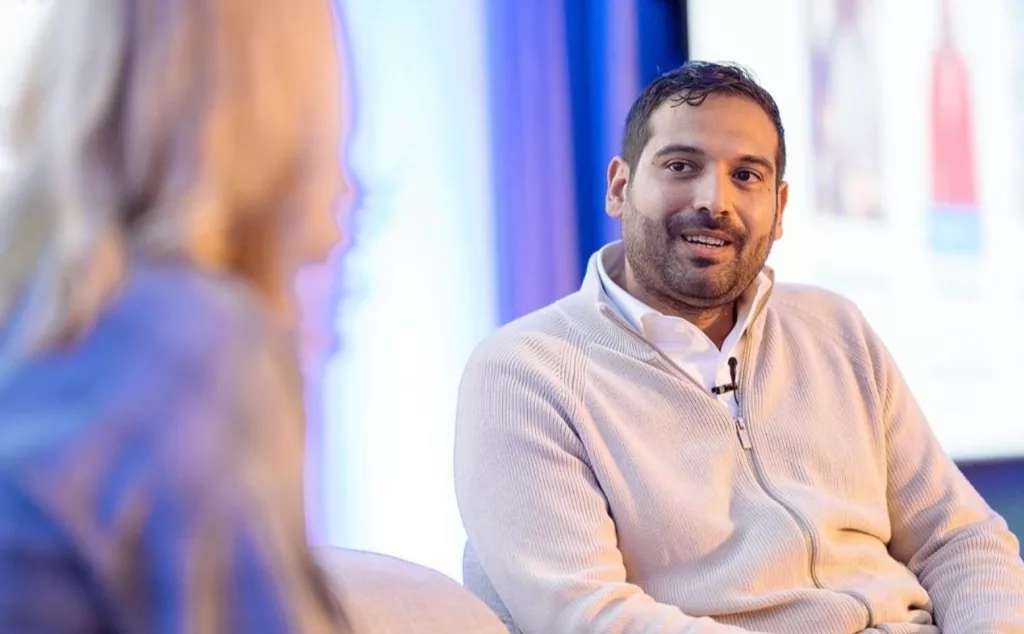
When you speak to local shop owners, what problems do they tell you they struggle with the most?
The number one complaint is always: ‘I can’t compete on price.’
An independent shop owner doesn’t have the buying power of a Tesco or Sainsbury’s, so they can’t afford to run deep discounts. This drives shoppers away. K-Card solves this specific pain point. By connecting them to global ad budgets, we bring brand-funded offers directly to their till. This means the brand pays for the discount, not the shop owner. Suddenly, a local corner shop can offer the same pricing as a giant supermarket without taking a hit to their margins. We aren’t just giving them an app; we are giving them the financial muscle to compete.
You’ve lived and worked in cities like LA, San Francisco, and New York, how have those experiences shaped your approach as a founder?
Each city gave me a different piece of my DNA as a CEO.
New York gave me the hustle and the speed, you learn to move fast or get eaten. San Francisco taught me that with a great team, the sky’s the limit and that software can solve physical problems; it’s where I learned to think in ‘systems.’ And LA taught me the power of storytelling and branding. Moving to London was about bringing those three elements together to solve a gritty, real-world problem.
What excites you most about the future of independent retail?
What excites me most is that we are using technology to effectively subsidize the cost of convenience. We are democratizing the value chain to create a ‘win-win-win’ scenario that hasn’t existed before.
First, the Shopper wins because they no longer have to pay a ‘convenience premium’ – we use media revenue to fund offers that drive prices down. Second, the Shopkeeper wins because they get an enterprise-grade loyalty program for free. This drives foot traffic without taking a hit to their margins. And third, the Big Brands win because they finally gain visibility into the 1 out of 3 sales that happen in this sector—volume they have been completely blind to until now.
We aren’t just providing software; we are fixing the economics of the high street so that everyone captures value.
You’ve travelled to over 55 countries. Has any place inspired the way you think about business or innovation?
Cairo. Growing up there, you see a level of resourcefulness that is unmatched. People achieve incredible things with very little infrastructure purely through grit and community networks.
It taught me that you don’t always need the fanciest resources to succeed; you need the strongest will. I try to bring that ‘hustle’ into K-Card every day. We do more with less.
Outside of work, what draws you to Japan, and why is it at the top of your travel list?
Japan represents the ultimate harmony between deep tradition and futuristic innovation. I am fascinated by how they can have a centuries-old tea ceremony in the shadow of a high-speed bullet train.
That duality is exactly what I am trying to build with K-Card. I want to preserve the traditional ‘human’ element of the local shop, but power it with the most advanced technology available. Plus, as a global foodie, I think I’m overdue for a proper sushi pilgrimage!
